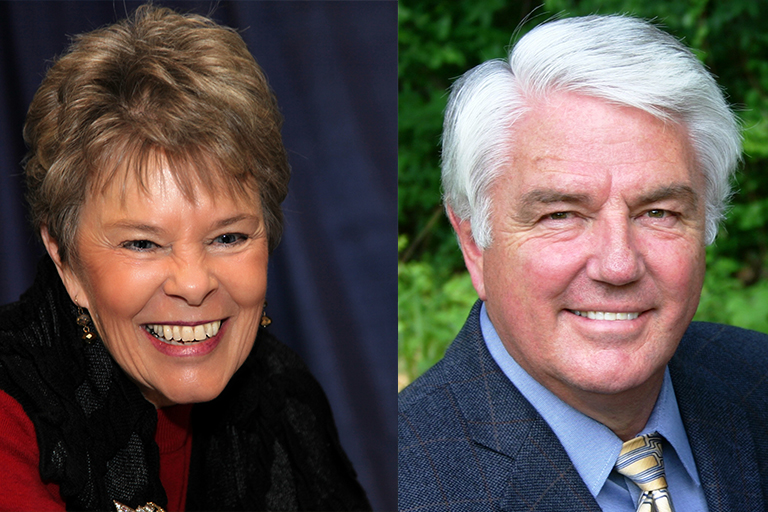by Sharon Sullivan
When former Grand Junction residents Don and Deyon Stephens founded Mercy Ships in 1978, their dream was to provide free medical care to the world’s poorest people. They began by purchasing an old passenger liner with a borrowed $800,000 and another $1 million in donations.
The couple spent the next three years renovating the ship and turning it into a floating hospital with three surgical units. Mercy Ships’ current Africa Mercy ship has five operating rooms, an intensive care unit and 80 ward beds. Each year Africa Mercy spends 10 months along the African continent, providing life-changing surgeries for people where medical care is normally dismal or nonexistent.
More than 1,000 volunteers from 40 nations serve on the faith-based Mercy Ships each year. Volunteers pay their own airfare to and from the ship, plus fund their own room and board while working on the vessel.
Medical workers are not the only volunteers on the floating hospital — there are also cooks, teachers, office workers, etc. “We’re a small city on a ship serving Africa,” Don Stephens says. “Every function you would see in a small city is represented on the ship — the majority being in the health care sector.”
A popular way for people to find sponsors is through social media, says Stephens. Many volunteers set up gofundme.com sites and are able to communicate with their supporters via internet satellite service while on the ship. Some write daily or weekly blogs about their experiences.
Individuals, churches, Rotary Clubs, hospitals, corporations, foundations and trusts also fund Mercy Ships. After the CBS television news program “60 Minutes” aired a segment about Mercy Ships in 2013, the Bill and Sue Gross Family Foundation donated $20 million to the organization.
The charity’s greatest expense is fuel to operate the ship.
After living aboard Mercy Ships for 10 years while raising their four children, Stephens and his wife Deyon moved ashore to Texas, where their International Operations Center is located. There the couple provides ongoing administrative support, as well as managing a large warehouse of supplies.
“A primary reason we moved to shore was for our special needs son, who is now 40,” Stephens says. Additionally, he says it’s easier for him to manage the foundation work off the ship. The Texas office is one of 14 international offices, with another supply center in Holland.
“Anyone interested in volunteering at any level can go to apply.mercyships.org,” says Stephens. “Plus, people can spend time on the website to help inform them of the possibility of joining or supporting Mercy Ships.”

